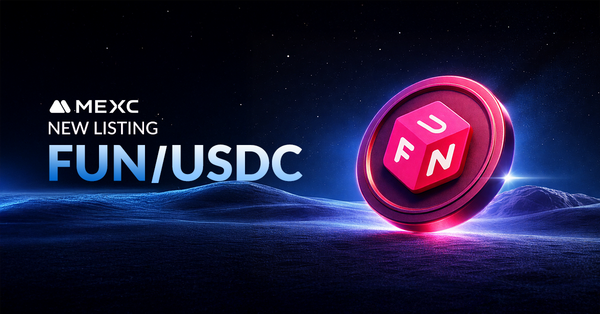Helius CEO Claims Cryptocurrency Represents Capitalism Advancement Rather Than Web Development

According to Cointelegraph, Mert Mumtaz, CEO of remote procedure call node provider Helius, argued that cryptocurrency represents "Capitalism 2.0" rather than Web 3.0. Mumtaz stated that calling crypto "Web 3.0" actually diminishes its true significance as a complete overhaul of the capitalist system.
The executive explained that crypto enhances all necessary ingredients for capitalism to function properly. These include decentralized information flow, immutable property rights, incentive alignment, transparency, and frictionless capital flows. Mumtaz declared that crypto's endgame involves fundamentally evolving what he called "the most impactful human invention of all time: capitalism."
The statement came as US regulators released joint guidance on modernizing financial systems. The Securities and Exchange Commission and Commodity Futures Trading Commission outlined several reform proposals in September 2025. These include always-on markets, regulatory frameworks for perpetual futures contracts, and regulations for event prediction markets.
Regulatory Push Validates Capitalist Framework Vision
The timing of Mumtaz's statement aligns with unprecedented regulatory coordination between US agencies. The SEC and CFTC joint statement announced plans for 24/7 financial markets to match the continuous trading nature of crypto assets. The agencies noted that certain markets including foreign exchange, gold, and crypto assets already trade continuously.
This regulatory shift reflects recognition that traditional financial systems must adapt to compete with crypto's operational advantages. The agencies proposed expanding trading hours to better align US markets with what they termed "a global, always-on economy." This validates Mumtaz's argument that crypto's impact extends far beyond internet applications.
Decrypt reported that SEC Chair Paul Atkins and CFTC Acting Chair Caroline Pham announced these considerations as part of a "new beginning" for both agencies. The regulators emphasized how securities and non-securities markets are increasingly converging, requiring coordinated oversight approaches.
We recently reported that institutional crypto adoption reached unprecedented levels in early 2025, with major corporations adding digital assets to treasury holdings. This trend supports the capitalism evolution thesis as traditional finance embraces crypto infrastructure.
Traditional Finance Adopts Crypto Economic Models
The crypto industry's emphasis on capitalism rather than technology reflects deeper structural changes in global finance. Major financial institutions have moved beyond experimental pilots to full-scale crypto integration. The transformation validates arguments about crypto representing economic system advancement rather than mere technological innovation.
Research from Elliptic shows that 2025 became a landmark year for financial institutions exploring asset tokenization. Banks are launching tokenization projects to enhance processing efficiencies and reduce costs. The blockchain's transparency capabilities help reduce fraud risks while enabling effective auditing of tokenized asset records.
Global regulatory bodies are establishing frameworks that recognize crypto's economic significance. The European Banking Authority indicated that understanding tokenized deposits remains a priority. The Financial Stability Board published reports on tokenization implications for the financial sector, setting industry standards for broader adoption.
The shift toward viewing crypto as capitalism evolution rather than web development may reshape investor perspectives. Traditional venture capital firms are evaluating crypto projects based on economic fundamentals rather than technological novelty. This approach emphasizes sustainable business models over speculative innovation, potentially leading to more stable market conditions and institutional confidence in digital asset investments.




